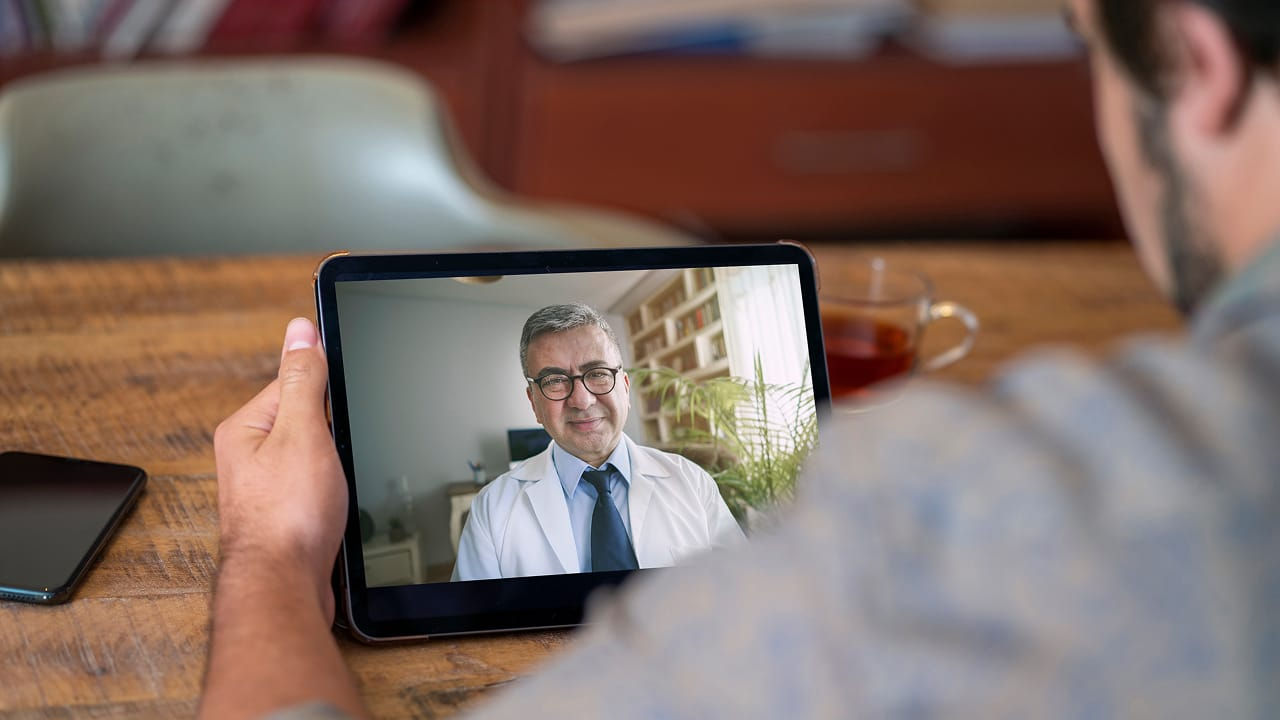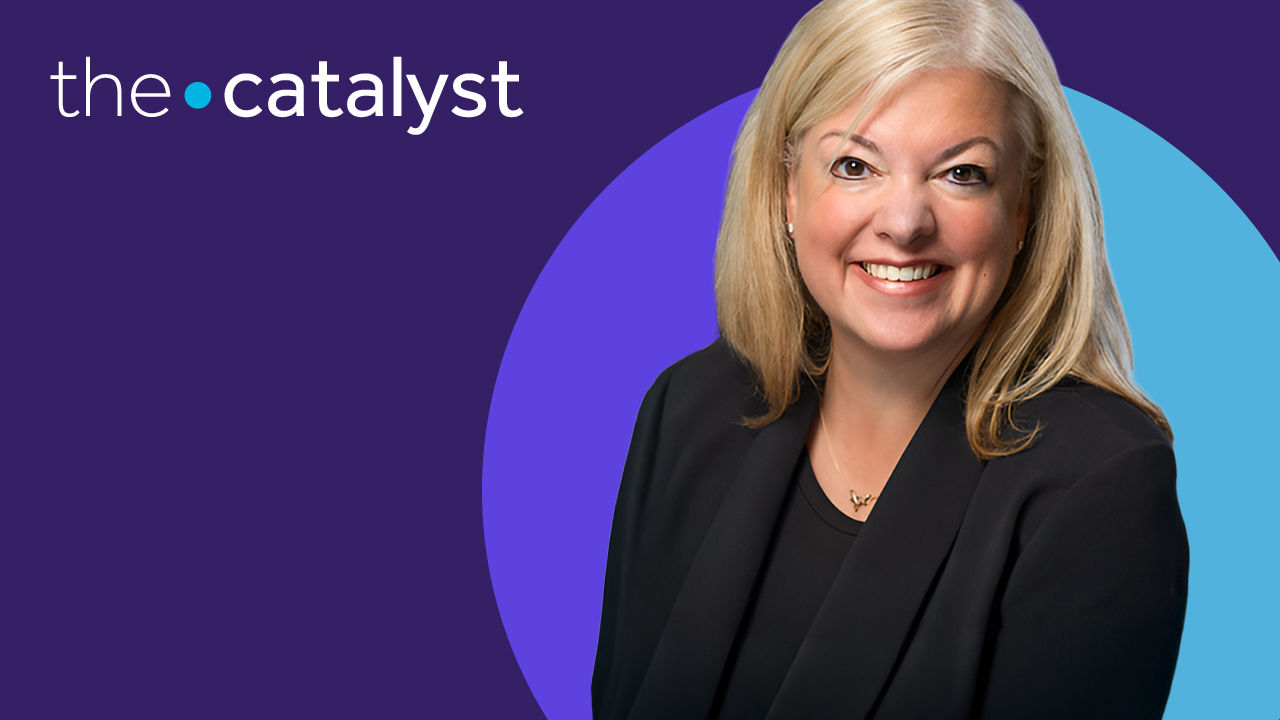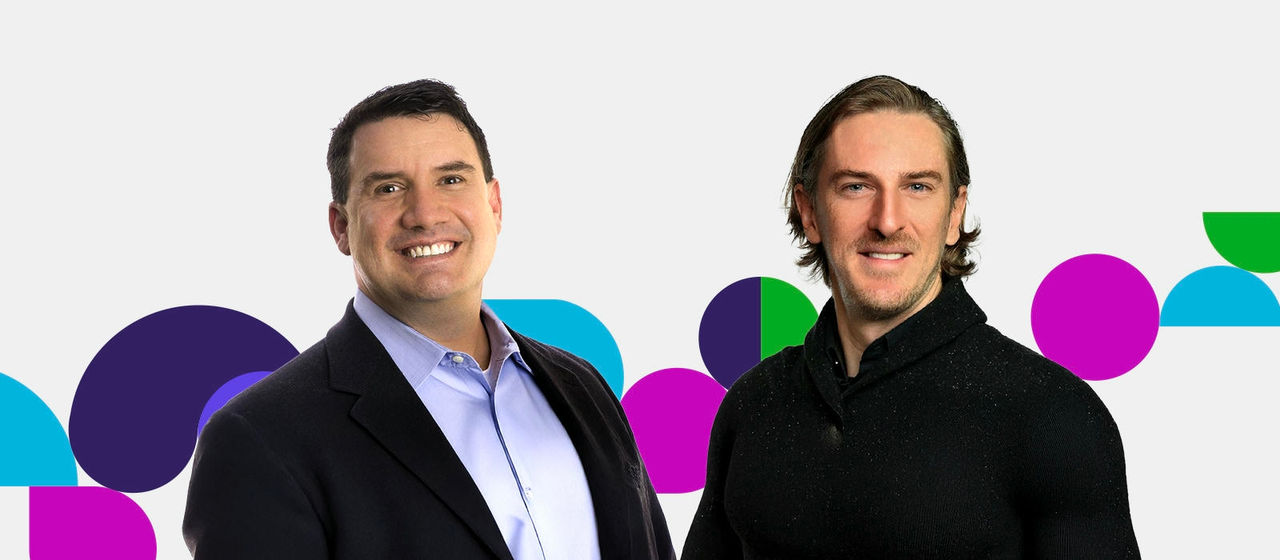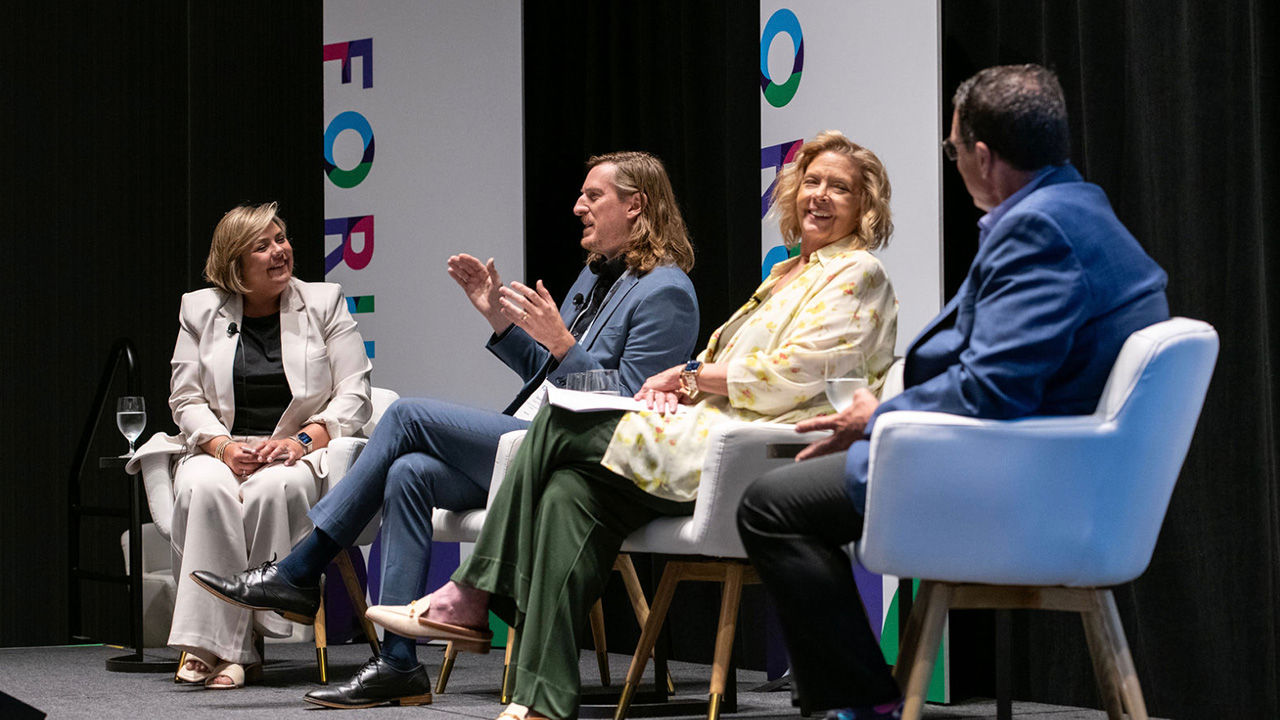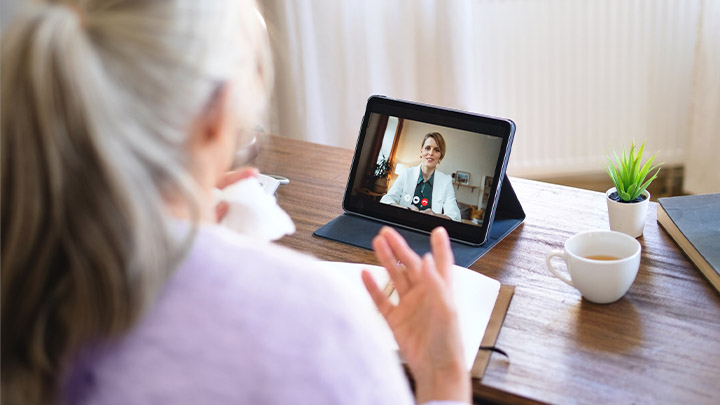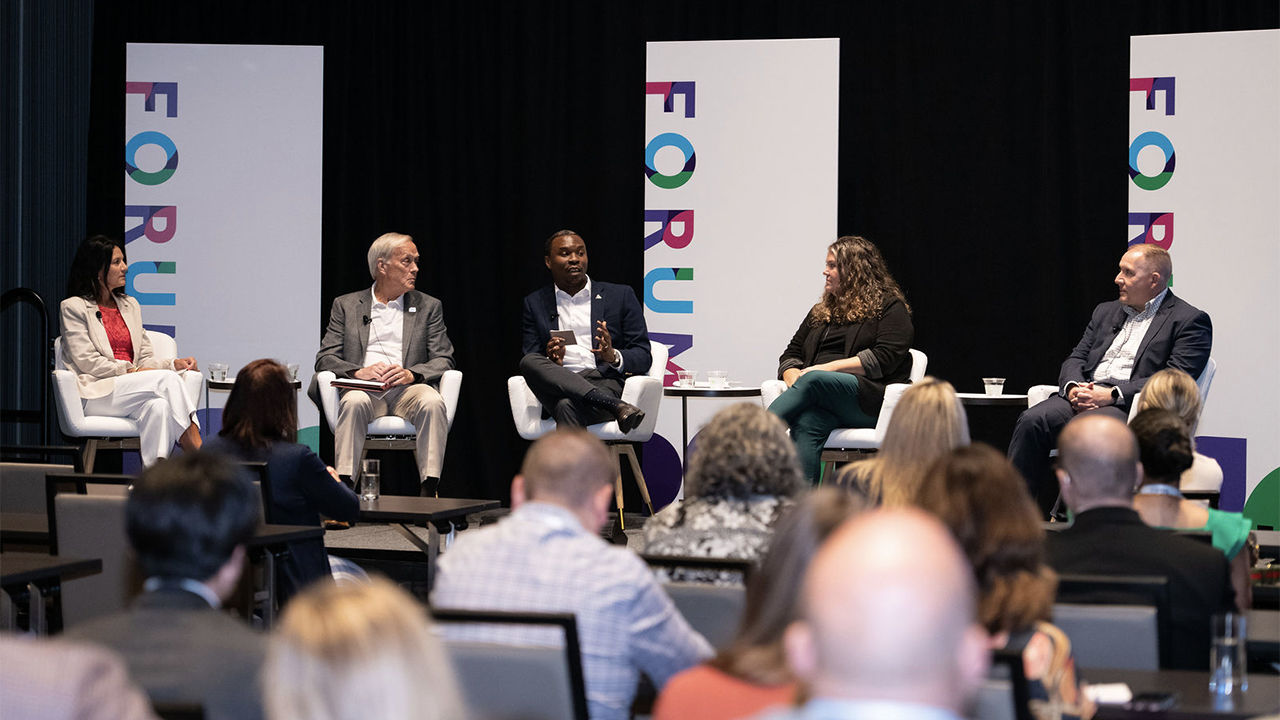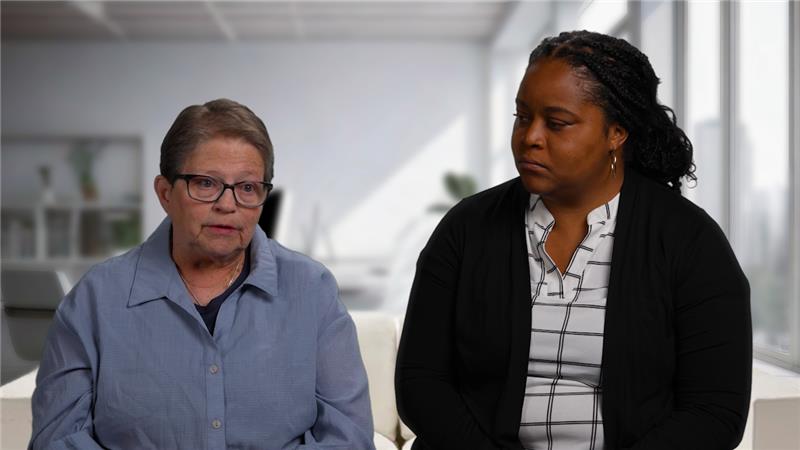![Alt Text: A headshot of [Russell Dubois]](/content/tdh-www/us/en/home/organizations/resources/mental-health-obesity-why-integrated-care-matters/_jcr_content/_cq_featuredimage.coreimg.jpeg/1770734520272/thecatalyst-russell-dubois-thumbnail.jpeg)
From convenience to core: modern mental health care
Virtual mental health has moved from a convenience to a critical part of benefits strategy
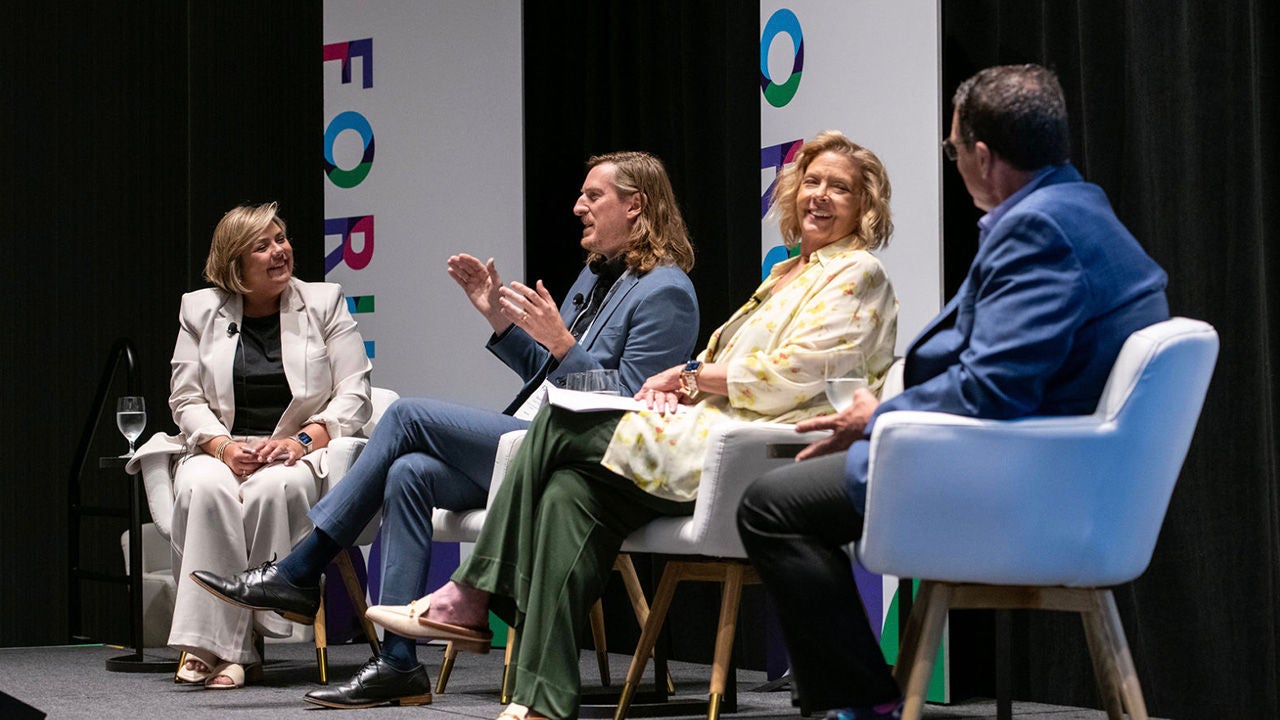
April Bettencourt, Vice President, Global Employee Benefits, VSP
Russell DuBois, PhD, Vice President, Clinical Quality, Operations and Innovation, BetterHelp
Matt Sopcich, SVP and General Manager, Mental Health Services, Teladoc Health
Lara Bunn, Vice President, Strategic Partnerships, Teladoc Health (Moderator)
As mental health needs evolve, employers are rethinking what meaningful support looks like. Today’s workforce needs care that is easy to navigate, clinically sound and addresses barriers. At Forum 2025, experts explored how organizations can meet the rising demand while keeping human connections at the heart of care.
Access alone isn’t enough
“Please don’t give me a list and tell me to call 25 providers,” said April Bettencourt, highlighting that employees in crisis often don’t have the capacity to seek care.
VSP Vision reimagined its EAP to include a concierge-style approach. Employees are connected to a provider within 24 hours and supported through ongoing care.
“It’s seamlessly integrated into your medical benefit. That integration piece is critical,” said Bettencourt. “And the virtual piece of that is table stakes now to get them the care they need.”
Clinical quality that scales
As virtual care grows, so does the need for clinical standards that ensure every member gets high-quality care. “It’s about making it easy to deliver evidence-based care,” said Dr. Russell DuBois. Both BetterHelp and Teladoc Health have adopted measurement-based care as a core clinical standard.
“Measurement-based care uses patient-reported outcomes to drive treatment planning,” DuBois said. “If you use measurement-based care to fidelity in your practice, outcomes will improve.”
Despite the evidence, only about 20% of therapists use this approach. To address that, both BetterHelp and Teladoc Health have embedded measurement-based tools into clinician workflows, removing friction to adoption.
Breaking through stigma
Despite more access, stigma remains a barrier to mental health. While younger generations may appear more open to mental health support, a BetterHelp global survey of 16,000 people revealed a surprising result: 37% of Gen Z respondents who received care felt “mentally weak” for doing so. This is a higher rate than any other generation.
“Even though we’ve come a long ways, organizations still need a plan to break down barriers,” Lara Bunn said.
VSP Vision has experimented with creative engagement strategies. One example includes partnering with a comedy group, One Degree of Separation, which uses humor to explore depression and anxiety.
“It got the conversation going,” Bettencourt said. She reported that employees said the group helped them talk with a child or spouse who was dealing with depression and got them connected to help.
A reimagined EAP for today’s workforce
Mental health support must continue to evolve to meet employees’ needs. Bettencourt emphasized the importance of a seamless member experience.
“We don’t want our EAP to just send a list,” she said. “We want them to get the member connected with the doctor, have them make the appointment. And then the next step is we want our EAP to find out when that appointment is and then follow up the next day.”
These are the types of common obstacles that Wellbound, a new employee assistance program by Teladoc Health, was designed to address.
“We’re very quickly getting people connected to care,” Matt Sopcich said. “We need to make sure it’s going well. And if it’s not, we’re helping them find additional pathways.”
It was also important Wellbound addressed continuity of care. “There’s a lot of people out there who need additional support, who need to stay with their same therapist over time,” DuBois said. “Creating an environment where they can use their insurance benefits and they can flexibly engage in the right care at the right time for them is really critical.”
Through Wellbound, members can be seamlessly connected to additional Teladoc Health services, creating a comprehensive experience employees can rely on. “Individuals that also engage with mental health support have dramatically more improvement in their physical chronic conditions,” said Sopcich.

